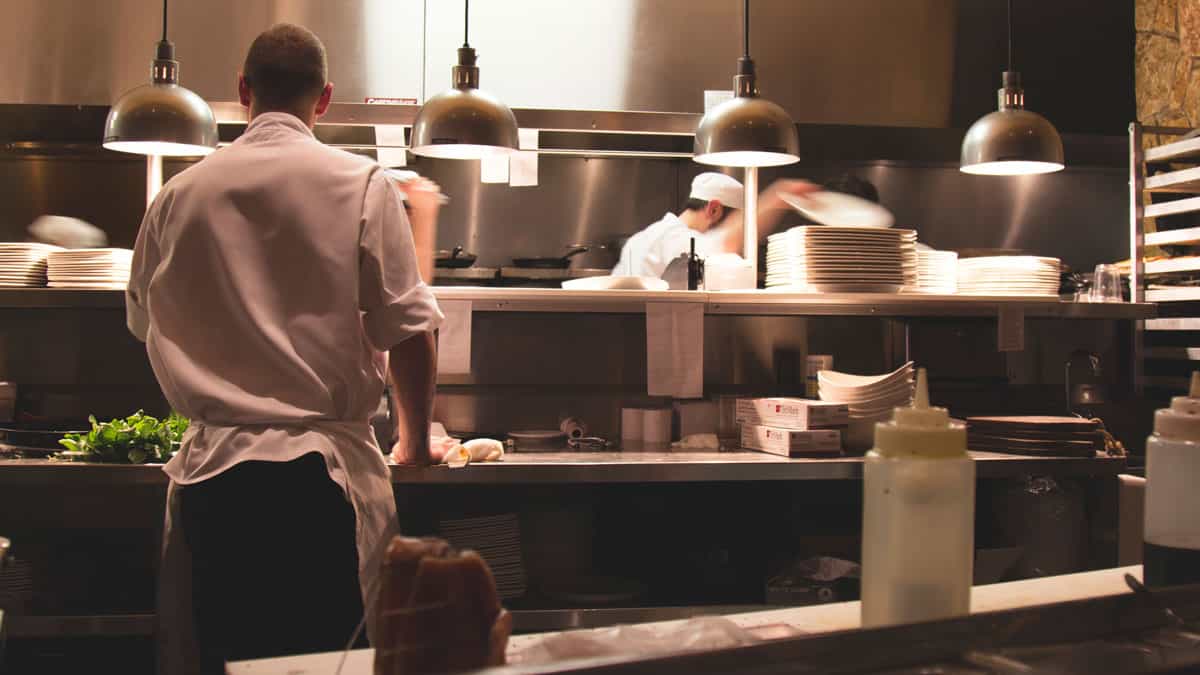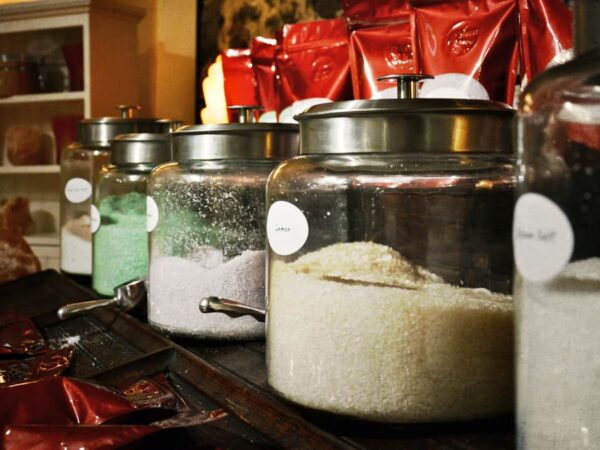How To Start a Restaurant: Getting Started
Looking to start your own food service business? Get some advice on how to cook up the perfect restaurant.

Have you ever thought about running your own restaurant? Whether you’re a great cook who wants to feed the world or a foodie who wants to raise the bar, opening a restaurant is an exciting challenge.
That being said, opening a restaurant is hard work. It can be a roll-the-dice business venture. The restaurant world is fickle and it can be costly to open and run a new eatery. But that doesn’t mean it can’t be done – it’s all about what you put into it.
With hard work, planning, and the proper financial backing, your dream of opening a restaurant can become a reality. Here are some of the big hurdles you’ll need to clear before you can serve your first meal:
Research The Cost
Before you dive in with both feet (or even dip a toe in the water), you should plan out exactly how much your new business venture will cost and how much money you currently have access to. You’ll need to do your homework and run the numbers. You can find mentors in your area who will be willing to talk about what to expect as far as the cost of opening a restaurant.
You’ll need to look at the large fixed costs – rent, insurance, permits, staffing. Then you’ll have to consider the variable costs – utilities, food supply, liquor. Then, take a look at how much money you have to work with. Consider your savings and any contributions your family or friends may be willing to make. In addition, you’ll want to start reaching out to local banks, microlenders, and the SBA to learn about potential financing options.
Prepare Your Business Plan
Once you have a rough budget, it’s time to put together your firm business plan. Your business plan is your model and your roadmap. Your restaurant business plan can include:
- A design concept for your space
- Target customers
- A complete financial picture
- Start-up capital and funding needs
- Marketing plans
- Plans for hiring and staffing
- Plans for food supply
- Licensing issues
The business plan is one of the most important parts of starting a restaurant or any other business.
Franchise Or Independent?
As you create your business plan, one of the first things you’ll need to decide is whether to open a franchise or strike out on your own. Opening a “franchise” means opening a chain restaurant using their branding, supplies, and systems. McDonald’s, for example, is a franchise. Typically you’ll need to pay an initial franchise fee to open and then annually. In addition, you may need to attend training courses offered through the parent company. You get the expertise and the marketing budget of a well-established brand, but you typically won’t get to make many decisions about how the restaurant is run. Opening a franchise can be expensive – some chains may have financing options, but many require you to pay up front. For example, opening a McDonald’s will cost you more than $1 million total, and you’ll have to pay about $45,000 up front.
You can open an independent restaurant for much less, but it can be tough if you have no experience. In any case, you can start with a small space, a manageable menu, and rented equipment. With a smaller space, you can focus on the food and expand later. That way, you can get your restaurant off-the-ground and keep your initial costs from sinking you at the outset. Keep costs manageable and focus on making the food memorable. If you’re independent, you have the freedom to control your own menu, hours, and atmosphere.
Get Funding
Opening a restaurant costs money – you’ll need to lease or buy a space, get equipment and supplies, market your new eatery, and pay for licenses and permits. You may have enough in savings to cover some or all of the cost, but you’ll need financing for the rest. Once you have a detailed business plan, you know exactly how much money you need to get up and running – and how much you expect to make. Take that business plan to the bank, the SBA, and microlenders to learn what financing they can offer you. Their offers will depend on your business history, your credit score, your business plan, and other factors, so shop around to make sure you’re getting the best possible deal. You may be able to take out loans or, in some cases, you may qualify for governmental grants to help you get started.
Note that you may be able to get a loan for an established franchise more easily than for an independent restaurant venture, but you’ll typically have to borrow a much larger amount.
Find The Right Space
Finding a space that has the right feel, can accommodate your kitchen and dining room needs, and has the right mix of foot or auto traffic can be a process. You’ll want to take the time to research your space needs, local licensing requirements, and the neighborhood. Of course, you’ll also need to find a location that meets your budget.
Finding the perfect space is a tall order. Here is a worthwhile article on the tricks to finding the perfect space for your restaurant.
Licenses And Permits
Since you’ll be serving food and alcohol, you’ll need to obtain the required permits and licenses from state, local, and federal governments.
Most areas will require a health inspection before granting a license. You’ll need to ensure that your planned kitchen and dining room layout meet the health codes and laws. Codes and laws differ from jurisdiction to jurisdiction, so do your homework to make sure you’re in compliance. A local restaurant association can often provide information about required permits and licenses.
The Bottom Line
These are the boxes you’ll need to tick before you can get ready to open your doors. From here, it’s all about stocking your kitchen, hiring staff, and firing up the stoves! For those considering starting a brewery, www.startabrewery.com is a great resource to learn more about the specific needs of new breweries.
Bon appetit!



